Remember when the biggest browser debate was Chrome vs Safari? Cute times.
Now, we’ve entered the era of AI-first browsers.
Where your browser doesn’t just show you the internet, it thinks about it for you.
OpenAI just dropped Atlas, a ChatGPT-powered browser that acts more like a digital assistant than a search tool, and Perplexity’s Comet has quietly been building the same thing on desktop.
These aren’t extensions. They’re full-blown browsing revolutions.
And if you think this doesn’t affect SEO… Well, you’d be wrong.
Because when the browser itself becomes an agent, search isn’t about discovery anymore — it’s about usability.
Let’s unpack what’s actually changing, why it matters, and how brands can stay visible when the browsers start doing the browsing for us.
Article Summary
- OpenAI’s Atlas and Perplexity’s Comet introduce AI agents directly into the browser experience.
- Users can now ask and act instead of search and click.
- For brands, visibility alone won’t cut it, you need to be agent-ready.
- This shift favors fast, structured, scriptable websites.
- The next era of SEO moves from discovery to action.
What Changed
For the first time, browsers themselves are doing the searching.
OpenAI’s new Atlas browser for macOS (with Windows on the way) is built around ChatGPT as the default interface. It doesn’t just browse; it acts. It can click, scroll, dismiss pop-ups, and complete tasks like a human user.

Meanwhile, Perplexity AI’s Comet browser brings the same concept to life on desktop: a built-in AI that reads pages, navigates menus, and summarizes or executes tasks directly in-browser.

Together, they mark a new phase of what we might call “LLM browsing”, where the interface itself is powered by large-language-model reasoning and agentic behavior.
That means the web is evolving from a place where people find information, to a place where agents complete it.
Why It Matters for SEO & Brands
Marketers often treat browser updates as background noise, but this one could reshape how people interact with the internet altogether.
Visibility Is No Longer the Full Story
When Atlas or Comet can fetch an answer directly, users may never need to click through. That means your visibility in search becomes only half the battle. The real goal becomes ensuring your brand is in the data stream that powers the answer — the site the agent trusts enough to pull from, or transact with.
Technical Readiness Becomes a Ranking Factor in Disguise
These browsers can render JavaScript, dismiss modals, and interact dynamically. So your site’s speed, clarity, and structure are no longer UX luxuries, they’re survival tools.
If your pages take too long to load or your checkout flow confuses the agent, you simply won’t be selected.
Structured Data & Semantic Clarity Become Ground Truth
LLM browsers rely on structured markup to confirm what they find on the live page. Schema becomes the digital handshake between your site and the agent. Without it, you risk being invisible in this new ecosystem.
From “Being Found” to “Being Used”
Traditional SEO focuses on discovery. Agent SEO focuses on action. The question isn’t “how do we get them here?”, it’s “how do we help them finish what they came for?”
That subtle shift changes everything about how we structure content, design UX, and measure success.
How Brands Should Respond
Here’s the thing: this shift isn’t just another algorithm update you can tweak your meta titles for.
It’s a whole new layer of the internet; where AI agents, not just users, are interacting with your site.
So the question becomes: is your brand ready to be used by an AI?
Let’s unpack what that means in practice.
Start by Testing Your Own Site Like an Agent Would
Most marketers obsess over crawlability, but few think about usability from a machine’s perspective.
If you had to send an AI to your site to find a product, read your content, or check out… could it actually do it?
Every modal, every pop-up, every sluggish script is friction. Atlas and Comet don’t rely on indexed snapshots — they’re interacting with your live site in real time.
That means they’ll see everything your users see… and everything that frustrates them.
Fast, clean, and scriptable sites will win. Everyone else becomes digital quicksand.
Rethink Your Site’s Architecture for “Agent Readability”
We’ve optimized for Googlebot for years. Now it’s time to optimize for AI agents, and their language is structure.
Structured data, schema markup, and clearly labeled interactive elements aren’t optional anymore. They’re the roadmap that tells an agent what your site does, what your products cost, and how to interact with them.
Your website needs to act more like an API: consistent, predictable, and machine-friendly. The simpler your code, the easier it is for an agent to “talk” to your brand.
Think of Content as Instructions, Not Just Information
Content in this new landscape isn’t only for humans; it’s a playbook for machines.
If a user asks, “best waterproof trail shoes under $150 delivered by Friday,” the agent wants clear, structured data confirming product specs, stock, and delivery options, not just 1,500 words of buying advice.
That means pairing your storytelling with actionable clarity: concise copy, structured data, and frictionless user flows.
Keep Your UX Clean, for Humans and Machines
A fast, accessible, and intuitive site is still the cornerstone of digital success. The only difference now is that bad UX doesn’t just frustrate users, it alienates agents.
Accessibility, mobile responsiveness, and clear call-to-actions serve both worlds. If humans love it, machines will too.
Experiment, Measure, Adapt
No one has the rulebook yet, which makes this the best time to experiment.
Pick one page—maybe your highest-traffic product or your homepage—and optimize it for agent readiness.
Simplify the code. Tighten the schema. Track how Atlas or Comet reads it.
And when you review analytics, look beyond sessions and clicks.
The real metric will soon be how often your brand is chosen, not just how often it’s seen.
This is the start of a long-term evolution. Those who adapt early will own the next phase of organic visibility.
Looking Ahead
The introduction of LLM browsers isn’t a quirky tech story, it’s the beginning of agentic search, where chat interfaces lead and blue links follow.
We don’t yet know how fast user adoption will grow, but the direction is clear: browsing is becoming interactive, automated, and conversational.
Google’s AI Mode already hints at this, and these browsers just accelerated the timeline.
Brands that prepare now—by making their sites fast, structured, and usable—won’t just survive the change. They’ll become the foundation the next generation of AI agents builds upon.
Final Thoughts
For years, SEO was about being found. Now it’s about being usable.
Atlas and Comet show us where the web is headed: a world where AI doesn’t just show results, it gets things done.
That means your site needs to be ready not just for people, but for the digital assistants acting on their behalf.
At SEO Sherpa, we’re already helping enterprise brands audit their sites for agent readiness, so they’re not left behind when the browsers start doing the browsing for them.
Want to make sure your site is ready for AI search and agent-led browsing?
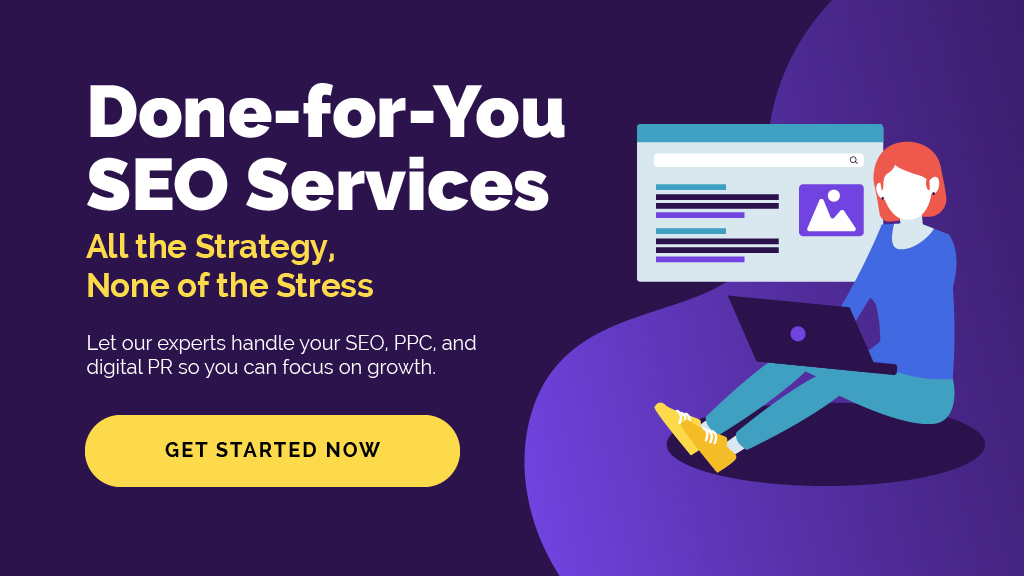




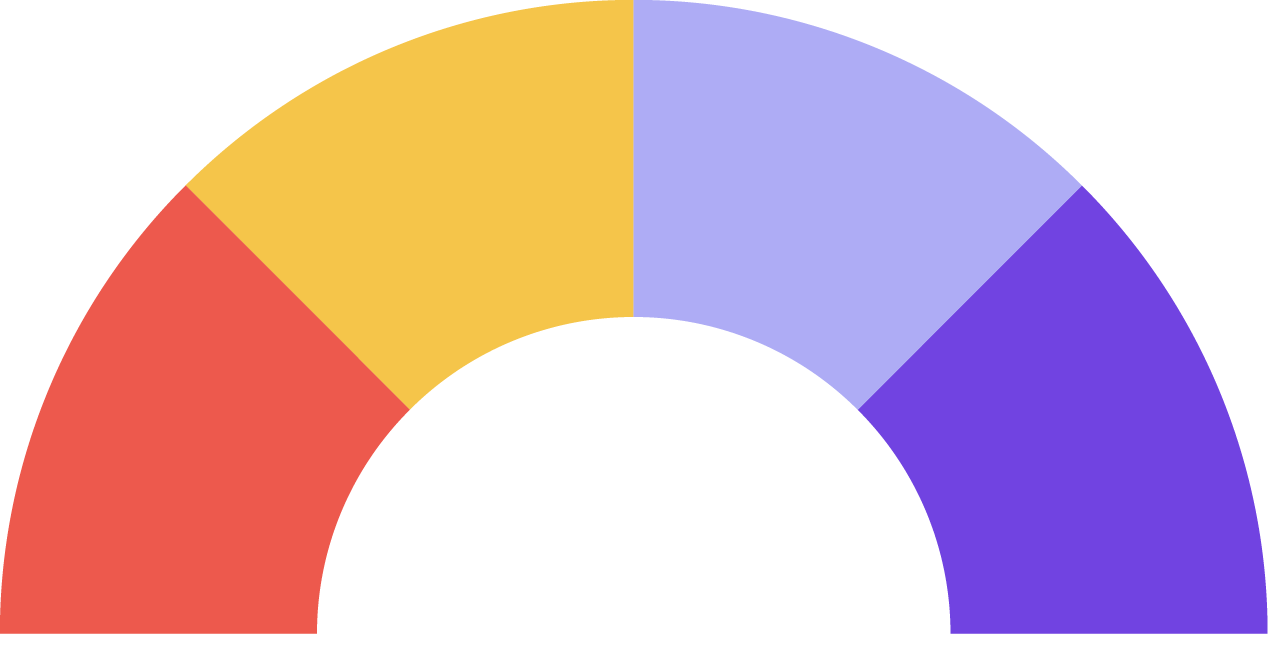





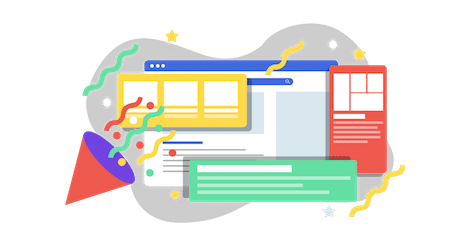
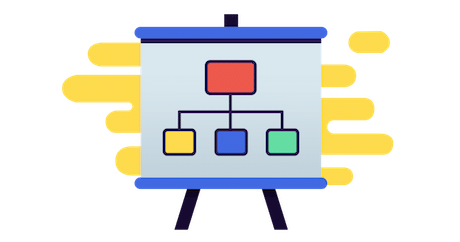
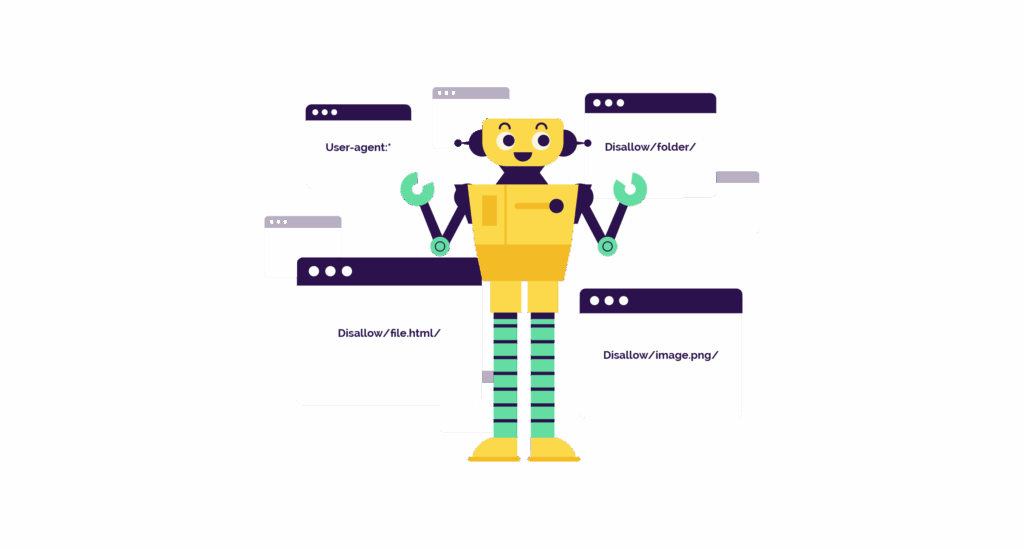

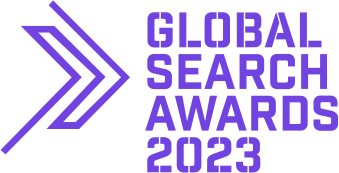


Leave a Reply